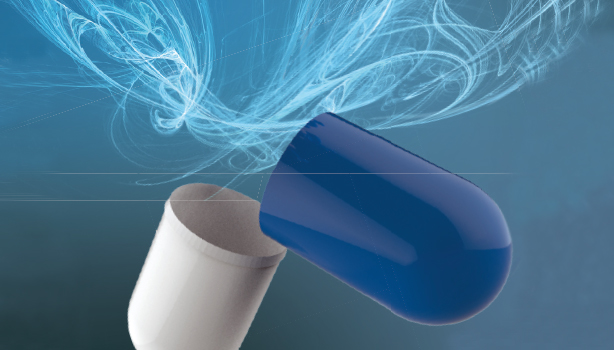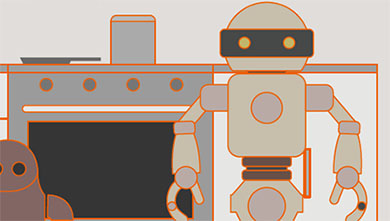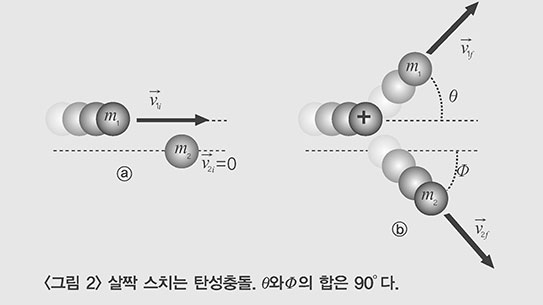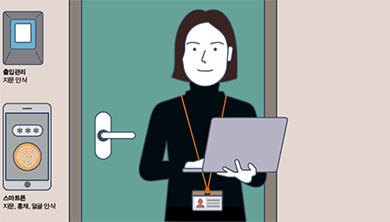 | |
| |
 |
During World War II, battlefield nurses who ran out of painkillers sometimes used to trick wounded soldiers by injecting them saltwater instead of painkiller, and telling them it was a potent dose of morphine. Often, the soldiers’ pain would vanish in this way, at least temporarily.
The nurses weren’t just tricking the soldiers. They were activating a placebo response. Scientists are coming to understand the placebo response. It seems to be a cascade of neural reactions that not only provide psychological relief but also play a physiological role in blocking stress hormones that damage the body. In other words, simply thinking you will get better can actually make you better. In clinical trials, most drug responses are now assumed to be partly due to placebo effect.
But the placebo response that in Latin means for ‘I will please.’ has a flip side effect. It is called the nocebo response that in Latin means for ‘I will harm.’ Nocebo response means the case when a patient experiences negative side effects from drugs merely because they expect to. The medical lexicon defines nocebo effect as “the worsening of a patient’s health due to the expectation that a drug will cause adverse side effects.”
Recently a groups of scholars published an article in the famous medical journal of ‘Pain’. In the paper, researchers found that clinical-trial participants reported a wide variety of nocebo complaints. False symptoms include burning sensations, vomiting and even upper respiratory tract infections. Many participants reported these problems even when they were part of control groups that were taking a sugar pill.
Other research result has shown that when doctors tell patients a procedure will be painful, those patients report more pain than patients not similarly warned. This means that when patients hear about ‘pain’, they unconscientious expect that there will be pain. And it actually causes more pain to them.
Exactly why placebo and nocebo respons es arise is still a puzzle. But scientists hope to figure out how to harness the real health benefits of the placebo while somehow undermining the same expectation process that can lead to nocebo problems. Your mind can help heal your body. But at the same time your mind can hurt you too, even if you are perfectly fine, taking in a sweet sugar (of course you can’t taste its sweetness) pills. The mind power controls everything.
해석세계 2차대전 중에 전장에서 치료를 하던 간호사들은 진통제가 떨어졌을 때, 간혹 병사들에게 진통제 대신 소금물을 주사하고 그것이 충분한 양의 모르핀이라고 속이곤 했다. 병사들의 고통은 종종 이 방법으로 잠시나마 사라지곤 했다.
 간호사들이 병사들을 속인 것만은 아니다. 그들은 플라시보(placebo) 효과를 활성화시킨 것이다. 과학자들은 플라시보 반응을 해석하기 시작했다. 그것은 신경계 일련의 반응으로서, 심리적인 안정감만 주는 것이 아니라 인체에 해로운 스트레스 호르몬을 차단하는 생리학적 역할도 하는 것으로 생각된다. 바꿔 말하면, 단순히 나아지리라는 생각만으로도 실제로 치유된다는 뜻이다. 오늘날 임상 시험에서는 약에 대한 대부분의 반응이 부분적으로 플라시보 효과에서 기인하는 것으로 추정되고 있다.
간호사들이 병사들을 속인 것만은 아니다. 그들은 플라시보(placebo) 효과를 활성화시킨 것이다. 과학자들은 플라시보 반응을 해석하기 시작했다. 그것은 신경계 일련의 반응으로서, 심리적인 안정감만 주는 것이 아니라 인체에 해로운 스트레스 호르몬을 차단하는 생리학적 역할도 하는 것으로 생각된다. 바꿔 말하면, 단순히 나아지리라는 생각만으로도 실제로 치유된다는 뜻이다. 오늘날 임상 시험에서는 약에 대한 대부분의 반응이 부분적으로 플라시보 효과에서 기인하는 것으로 추정되고 있다.그러나 라틴어로 ‘나는 즐겁게 해줄 것이다’라는 뜻을 지닌 플라시보 반응은 정반대의 효과도 갖고 있다. 이는 라틴어로 ‘나는 해칠 것이다’라는 뜻의 노시보(nocebo) 반응이라 불린다. 노시보 반응이란 단지 환자들이 그렇게 예상함으로써 부정적인 부작용을 경험하는 경우를 의미한다. 의학용어 사전은 노시보 효과를 “약물이 부정적인 부작용을 일으킬 것이라고 예상함으로써 발생하는 건강 악화”로 정의하고 있다.
최근 일단의 연구자들이 ‘통증’이라는 유명한 의학학술지에 논문을 한 편 게재했다.
그 논문에서 연구자들은 임상연구 참여자들이 다양한 형태의 노시보 효과를 보고했음을 발견했다. 그 거짓 증세로는 타는 듯한 느낌과 구토, 심지어 상부 호흡기 감염까지 있었다. 많은 참가자들은 자신이 설탕약(위약)을 섭취하는 대조군에 속해있음에도 불구하고 이런 문제들을 보고했다. 또 다른 연구결과는 의사가 환자에게 치료과정이 고통스러울 것이라고 말했을 경우, 비슷한 경고를 받지 않은 환자보다 더한 고통을 보고한 것으로 나타났다. 즉 환자가 ‘고통’에 대해 들은 경우, 무의식적으로 고통이 있으리라고 예상했다는 뜻이다. 그리고 실제로 더 많은 고통을 유발했다.
왜 플라시보와 노시보 반응이 나타나는지에 대한 정확한 원인은 아직까지 수수께끼다. 과학자들은 노시보 문제를 일으키는 예측과정을 억제하고, 실제로 건강에 도움을 주는 플라시보 효과를 활용하는 방안이 발견되기를 희망하고 있다. 당신의 마음은 당신의 몸을 치료할 수 있다. 동시에 당신의 마음은 당신이 건강한 상태에서 달콤한(물론 단 맛은 못 느끼더라도) 설탕약을 먹는다 해도 당신을 아프게 할 수도 있다. 정신력이 모든 것을 지배하기 때문이다.
※ 기사의 원저작권은 타임워너사에 있으며, 본 원고는 국내 학생들을 위해 문장이 재편집됐음을 알려 드립니다.











